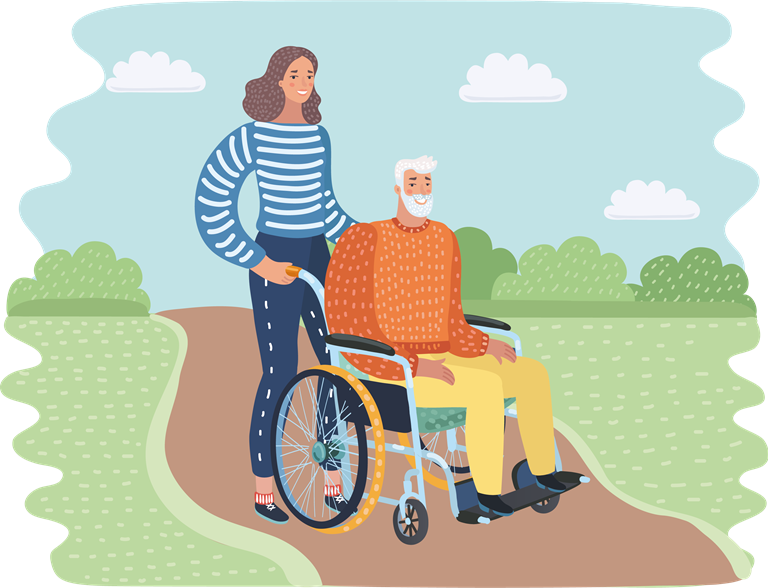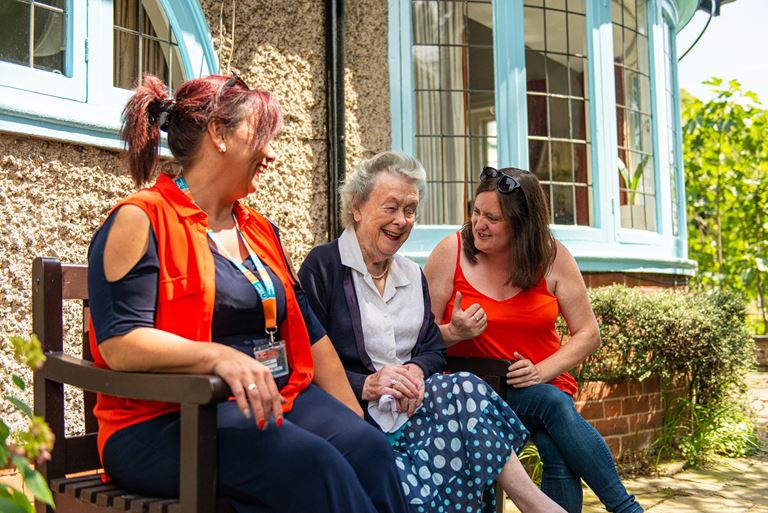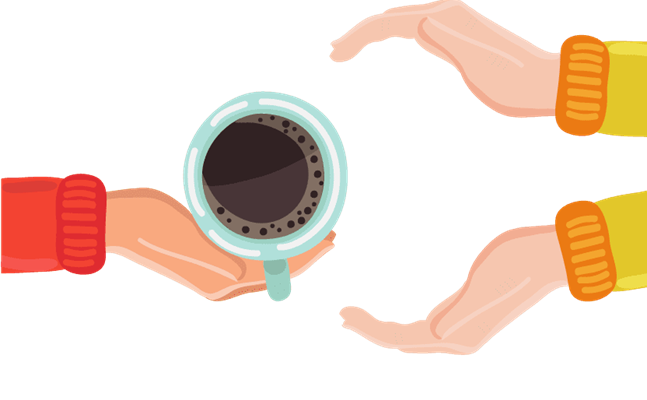
Stroke Rehabilitation and Stroke Homecare
- Calderdale
- Our Services
- Specialist Care
- Stroke Rehabilitation
What is a stroke?
A stroke occurs when blood is cut off and unable to reach the brain, either due to a blockage or a bleed in the brain. When the brain is starved of blood it is also starved of oxygen and essential nutrients and cells can be damaged or destroyed.
The after effects vary according to the individual and how healthy they were at the time of the attack, and also its location in the brain, intensity and extent of damage caused. But they often include cognitive problems, communication problems, physical problems, depression, incontinence, pain and fatigue.
Get in touch with Right at Home {{Site Name}} to discuss the type of care that you’re looking for.
How can we help?
Life after a stroke is different for each individual but most people see some level of recovery during their stay in hospital. Many continue to recover more of their old life skills at a slower pace at home afterwards, following a customised rehabilitation programme that will have been developed for them by the specialist stroke recovery team in hospital.
Right at Home can support people recovering from strokes to stay living independently at home, helping with mobility, continence care, managing and administering medication, household tasks, transport and shopping.
Equally importantly we can support Clients with their recovery and rehabilitation by assisting them to maintain their exercise routines and promoting a healthy lifestyle.
Life after stroke is a long period of recovery and adjustment, during which we can help Clients to relearn old skills and possibly learn some new ones. Throughout it all we strive to increase our Clients’ independence and allow them to get back to normal life.

John S | Nephew of Client"The service was really helpful, responding at short notice to my relative’s urgent need. Staff were professional, reliable, caring and quickly established a good rapport. Would heartily recommend Right at Home to other people."
Preventing strokes
The risk of suffering a stroke has several contributing factors, including your blood pressure, genes, age, diet, alcohol consumption, smoking, fitness levels and pre-existing medical conditions.
Some of these you can do nothing about, but it has been well-established that maintaining a healthy lifestyle, smoke-free and low alcohol intake can reduce the risk of stroke.
Identifying high blood pressure is important and easily done by a GP, who can prescribe medication and recommend lifestyle changes to reduce blood pressure to normal levels. Unchecked, high blood pressure is a high contributing factor to stroke.
Addressing hypertension (high blood pressure)
The best strategy for controlling and preventing high blood pressure is to begin with lifestyle changes. For seniors, this often means a combination of light exercise, healthy diet and medication.
Right at Home can prepare a customised hypertension programme to promote a healthier lifestyle, including:
- Development of a light exercise schedule
- Coordination of a healthy meal plan
- Shopping
- Meal preparation
- Medication reminders/set-up/administration
Hypertension/Stroke information and resources
- Stroke is the third leading cause of death in the United Kingdom
- Up to 80 percent of strokes are preventable
- For a great resource on living with hypertension, visit the British Hypertension Society
- For information on strokes, visit The Stroke Association
Download Brochure
Thank you for your interest in Right at Home.
Please download our brochure to find out more.
;)
Our Trusted Services
Families just like yours, trust and rely on Right at Home to provide high-quality homecare services for their loved ones. We offer a wide range of services to support Clients to remain living safely and independently in the comfort of their own home.
How to Prepare for Homecare
;)











